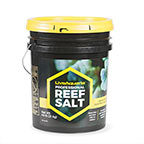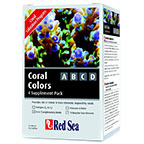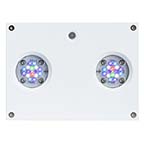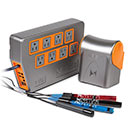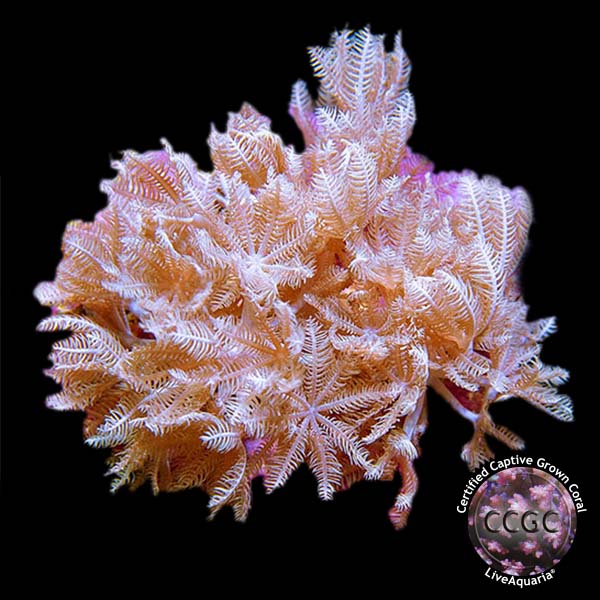
Additional locales and sizes may be available!
Additional locales and sizes may be available! Email me when availableQuick Stats
What do these Quick Stats mean? Click here for more information
What do these Quick Stats mean? Click here for more information
Overview
Aquacultured Xenia are hardier than wild-caught species and tend to reproduce quickly. Therefore, provide adequate space between them and sessile animals, especially other types of soft corals. They require a low to moderate light level combined with a medium to strong water movement within the aquarium. For continued good health, they will require the addition of iodine and other trace elements to the water.
They contain the symbiotic algae zooxanthellae from which they receive the majority of their nutritional requirements. Additional weekly feedings of micro-plankton or foods designed for filter feeding invertebrates are also needed.
These polyps are attached to a square aragonite plug and can be easily placed in holes or between the rockwork of the reef aquarium.
Approximate Purchase Size: 1" to 2"




